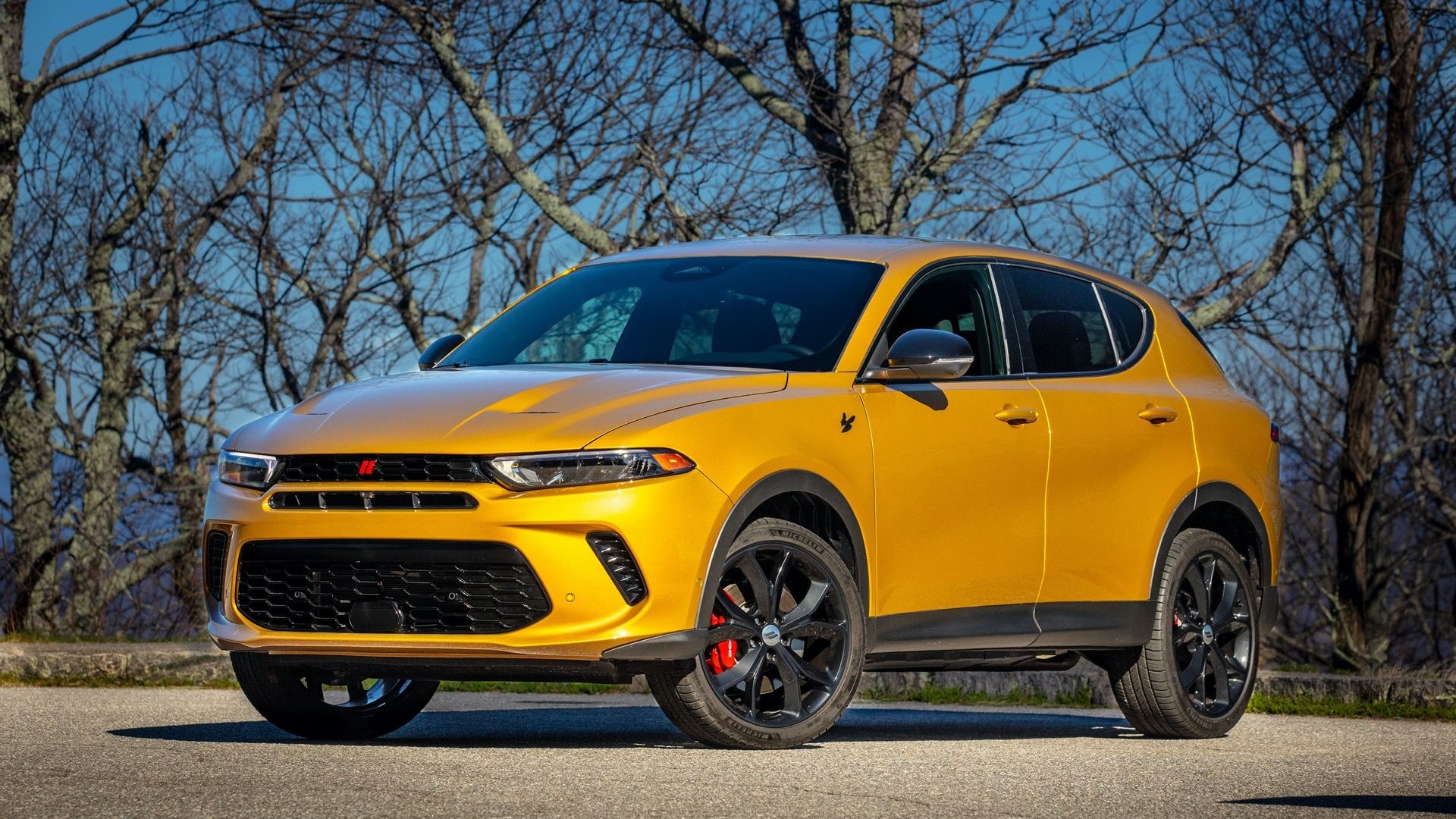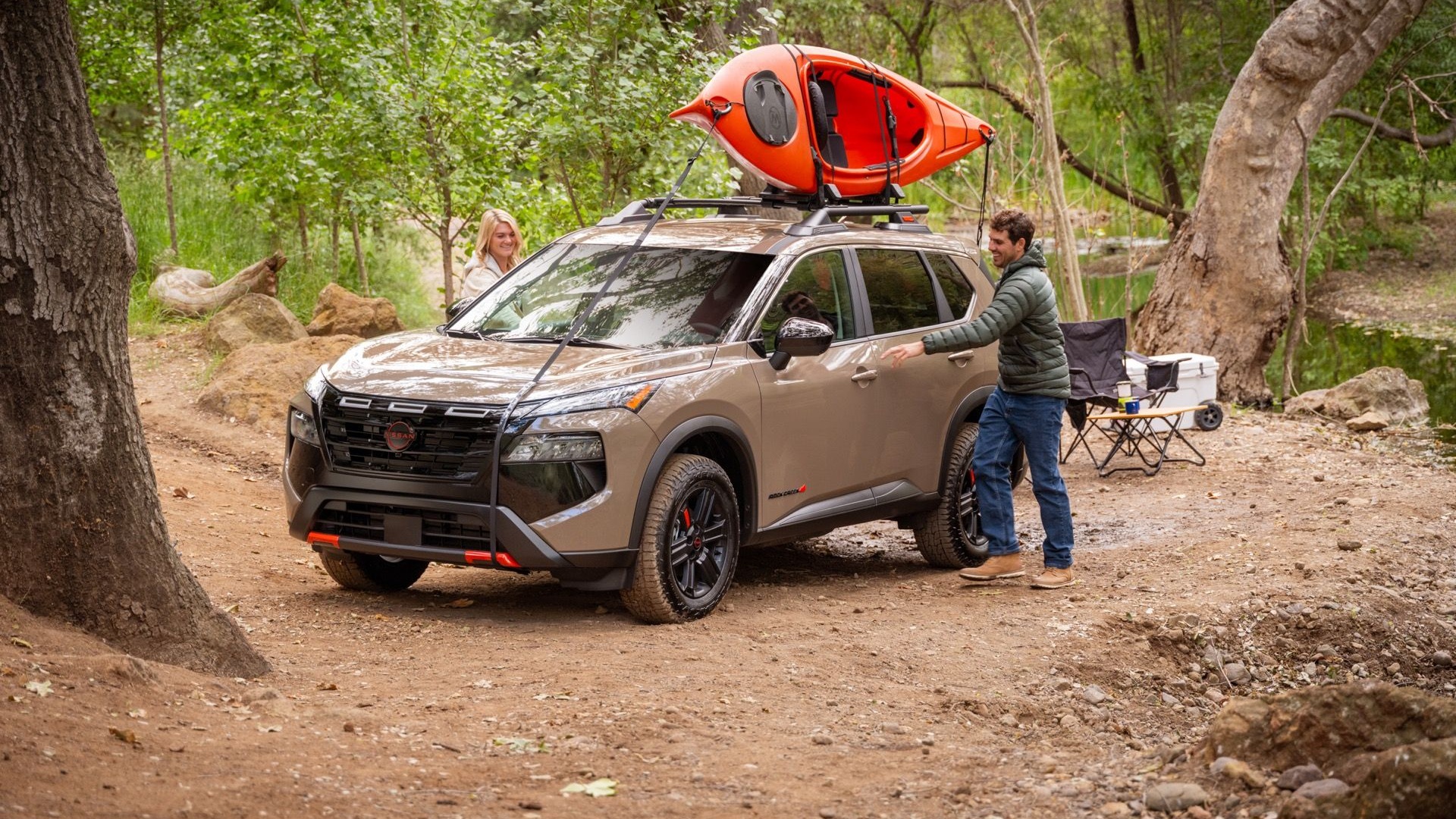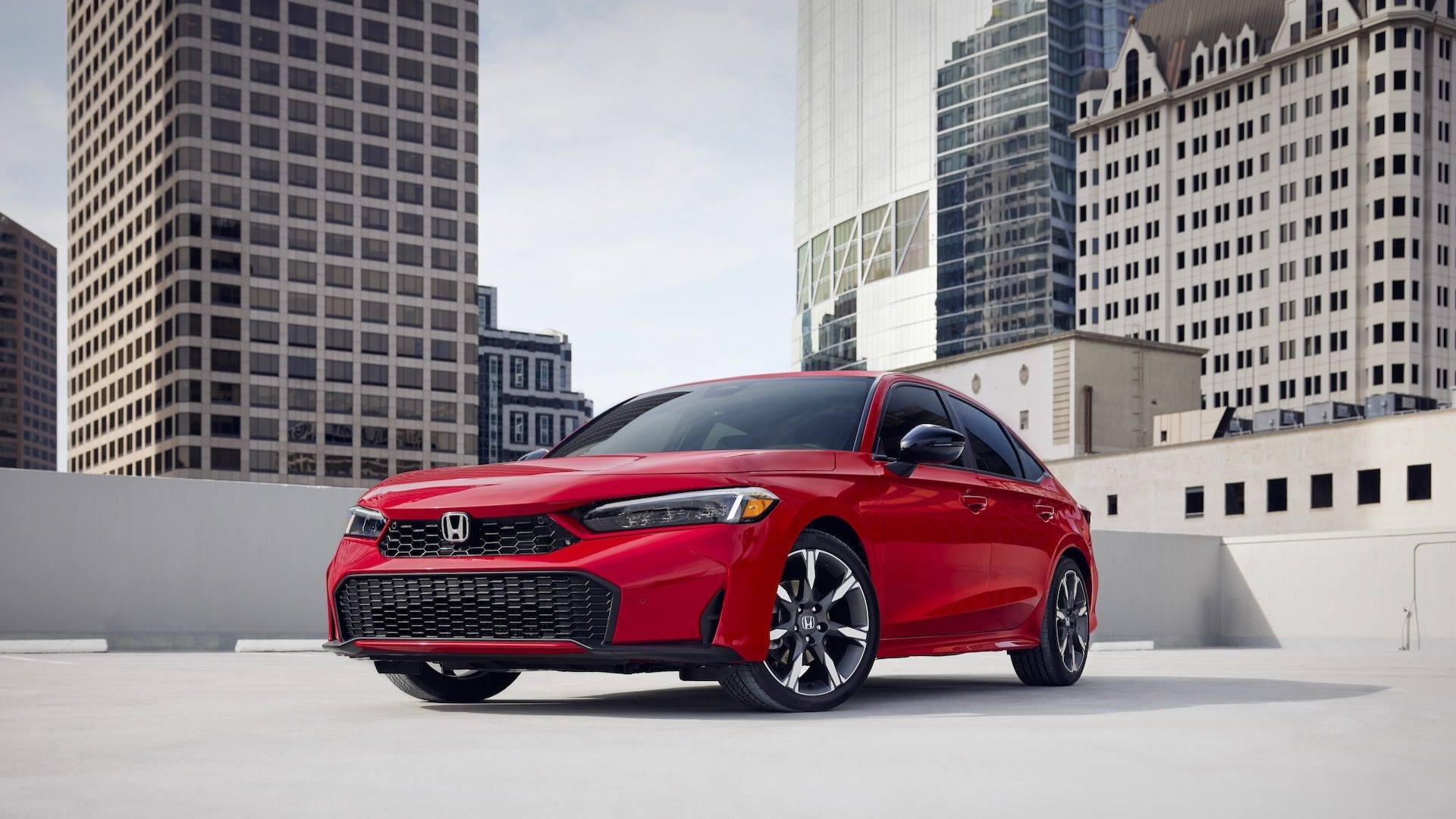The world's supply of Lithium, a naturally occurring element, has been a topic of discussion ever since automakers fixed on Lithium Ion batteries as the key to making practical electric cars. Some questions remain about the robustness of the technology, but for now Lithium Ion batteries remain essential to the coming wave of Hybrids and EV's (upon which some manufacturers are essentially betting their shirts).
Part of the new social/political push for hybrid and electric vehicles is born of a desire to reduce the strangle-hold that oil, and those who control its production, currently hold on the world's economies. But as this huge wave of new EV's and electric-assisted vehicles seems poised to break, some wonder whether we may be about to simply exchange the tyranny of oil for a new tyranny of lithium.
As demand for lithium for laptop, cell phone, and now vehicles batteries has soared, prices of lithium carbonate, a raw material used to produce lithium, have more than doubled since 2004. The greatest existing lithium carbonate deposits occur in Chile, Argentina, Bolivia and China, with other countries holding only tiny fractions of the world's known supply. Nevertheless, many financial analysts who have done studies on the outlook for future Lithium production say that worries about scarcity are overblown.
Gerson Lehrman Group, a New York consulting firm, estimates that even if 500,000 cars powered by lithium ion batteries were produced in 2015, they would use less than 10 percent of last year's global lithium output. And global output continues to climb.
According to Chris Richter, an auto analyst with CLSA Asia-Pacific Markets in Tokyo, "Lithium is one of the more abundant elements in the Earth's crust," he says. "Of all the various problems with this technology, running out of lithium is not one of them."
Neil Maguire, vice president of business development at Imara Corp., a lithium ion battery startup in Menlo Park, Calif., says supply is sufficient to meet near-term demand. Beyond that, if the volume of electric vehicles soars so much that lithium supplies become an issue, older lithium ion batteries can be recycled for the raw materials in them, he says.
Meanwhile, Mining companies are racing to boost lithium output and find new sources. According to Roskill Information Services, global lithium production reached 22,800 tons in 2008, up from 13,000 tons in 2000. Adding capacity in China or tapping lithium reserves in new countries could add 10,000 tons of output by the early 2010s, Gerson Lehrman forecasts.
So the majority of analysts have concluded that Lithium production is unlikely to hold economies hostage in the same way that oil has been able to. Nevertheless, there is one prominent voice of dissent.
In 2008, Meridian International Research, a renewable-energy think tank in France, concluded that the world does face a shortage when vehicle demand is added to considerable consumer electronics demand. Estimates of global reserves vary, and Meridian is putting the number at 4 million tons rather than the 20 million cited by many of the more sanguine reports. With this figure in mind, William Tahil who authored the report for Meridian, says that while increased production can keep pace with EV production of a few million units per year, there is an insufficient supply to accomodate the wholesale conversion of the entire world's auto industry from internal combustion engines to battery-powered electrics.
"There's enough for a niche market," Tahil says, "but nothing close to enough for the mass market."
[SOURCE:Cartech]












